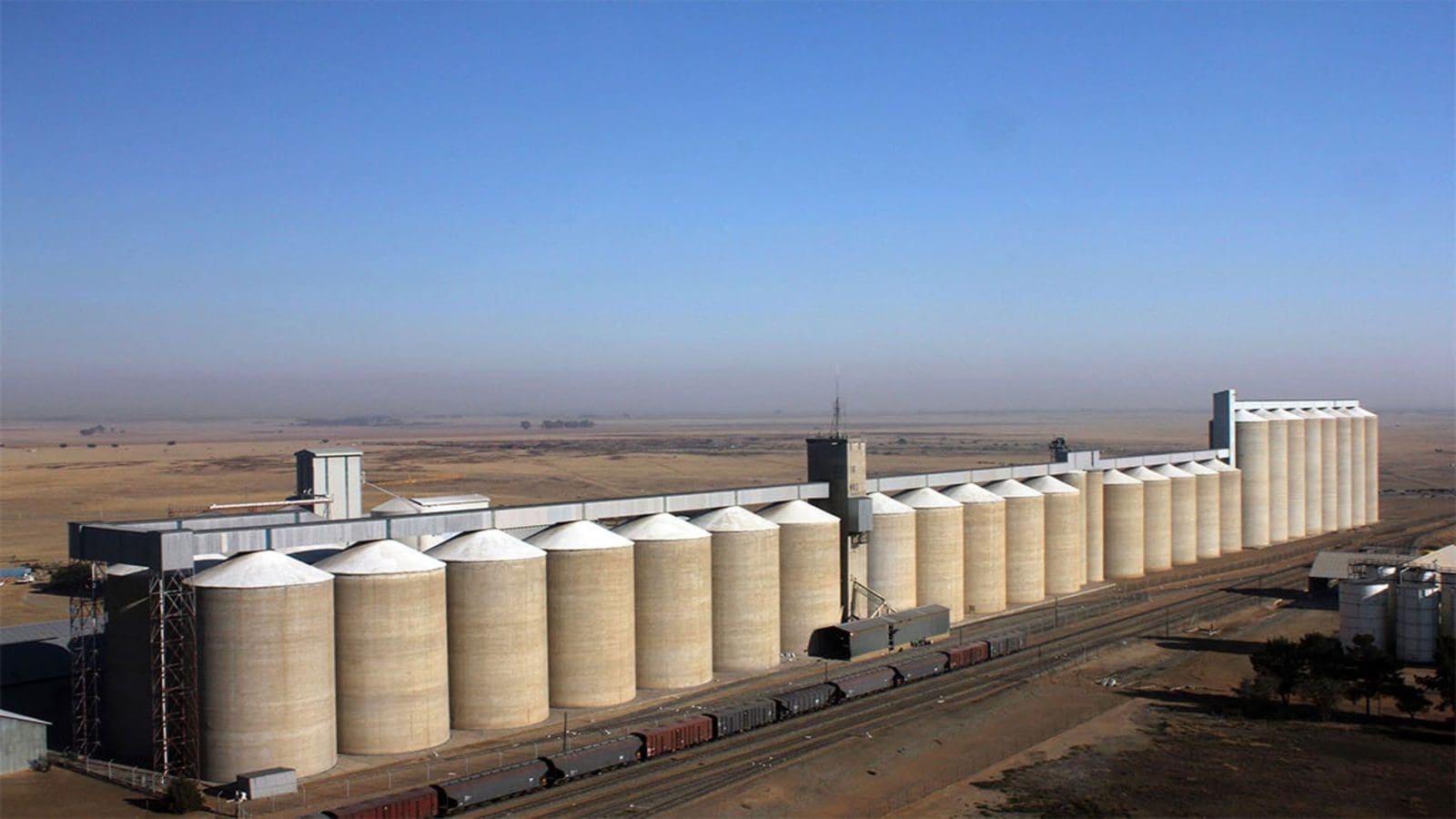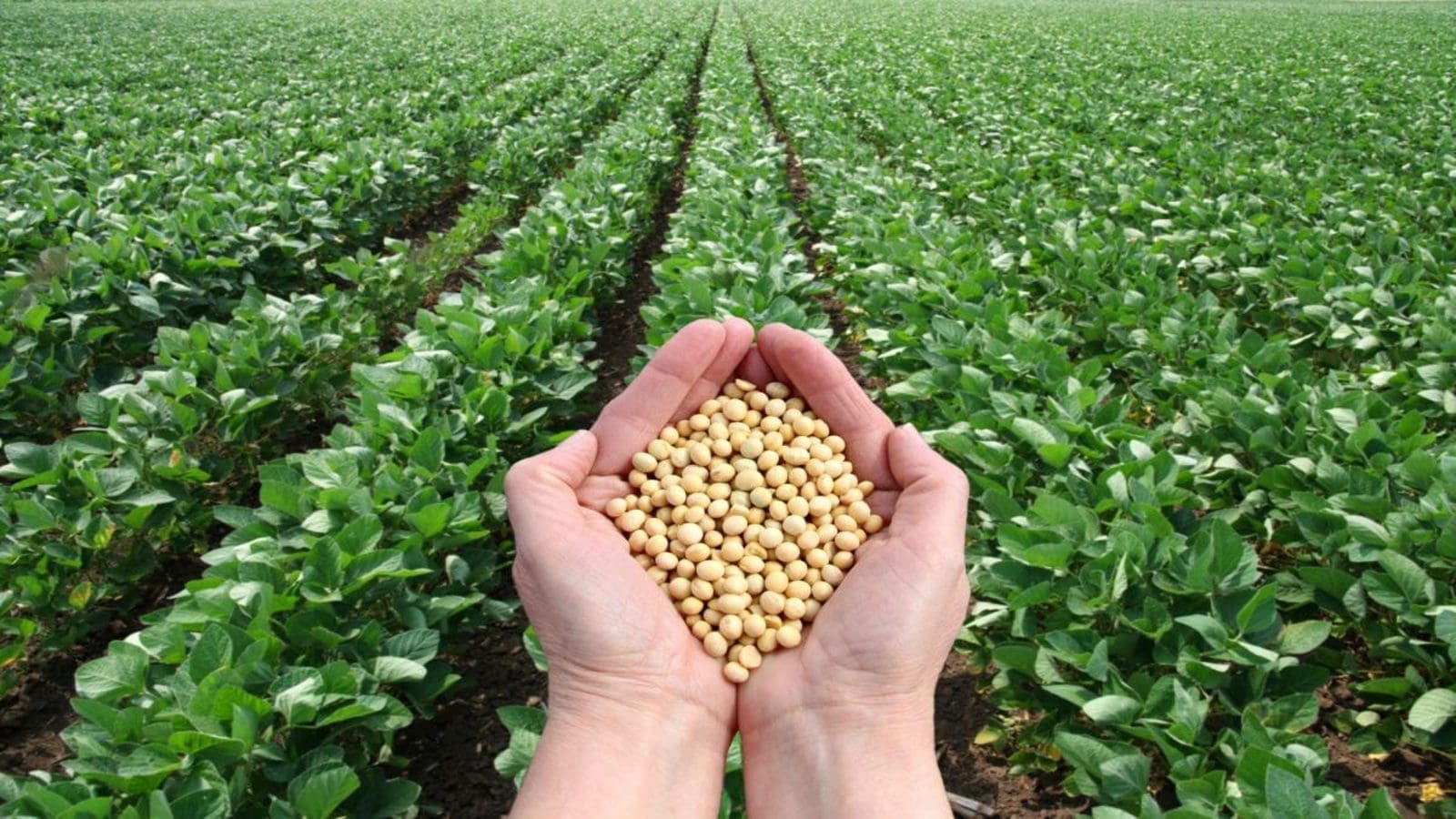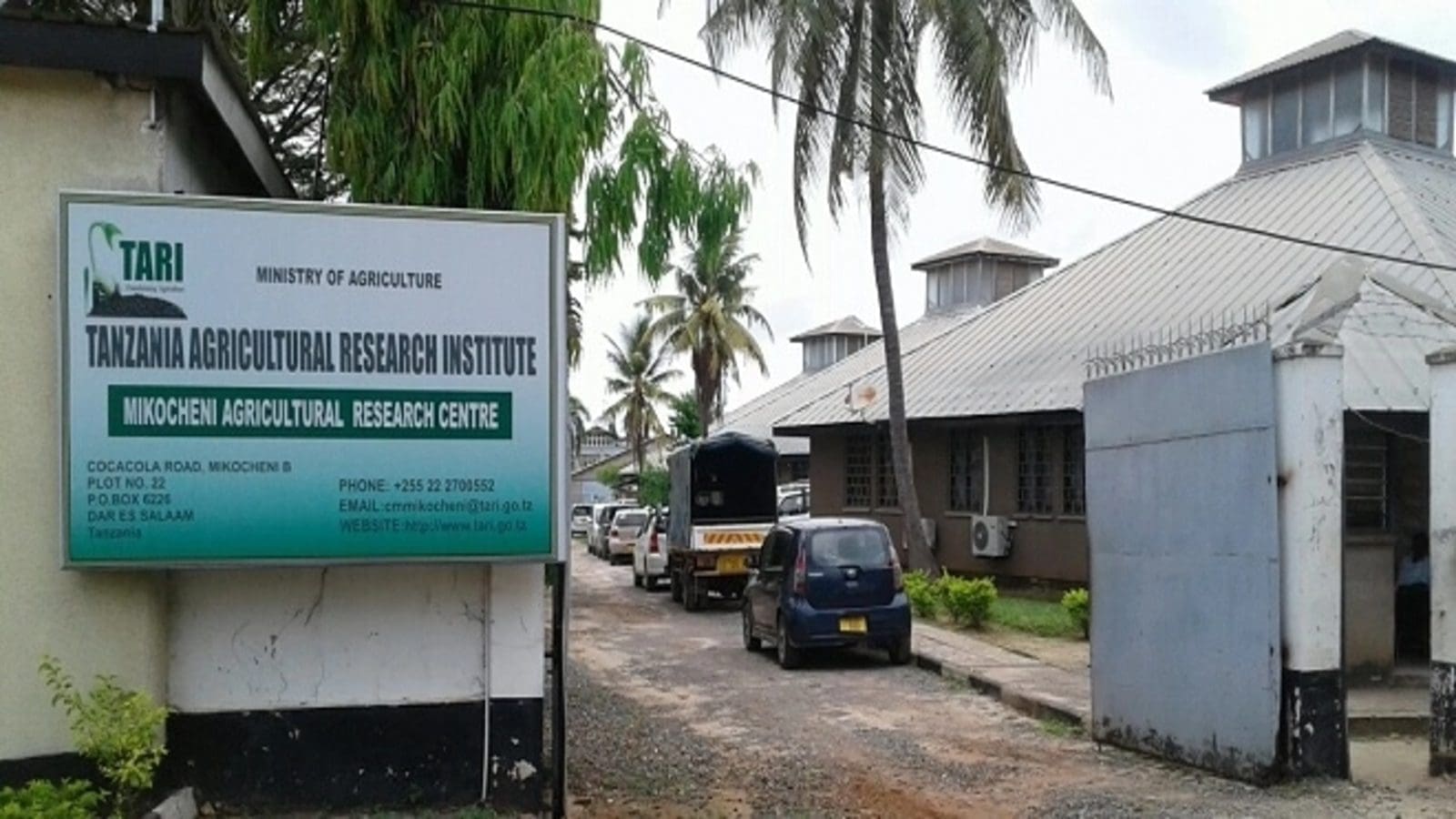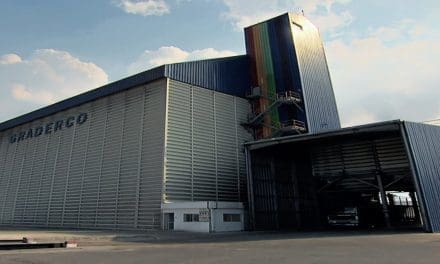SOUTH AFRICA – Grain storage is the latest sub-sector of South Africa’s food industry to lament about the impact of loading shedding on their cost of operations.
Without a reliable source of power, South African grain storage operators have been forced to switch to diesel which is seven times more expensive than electricity, according to Wessel Lemmer, general manager of Agbiz Grain.
Lemmer has shown frustration with maintenance costs without electricity when he reveals that electricity is not only used for loading and unloading silos but also grain ventilation.
In addition, Lemmer said that these costs will be passed to producers and processors and eventually to consumers hence affecting food affordability to the locals.
Moreover, load shedding impacts various operations such as loss of stock, loss of communication systems, and slower turnaround times during intake and out loading. This causes an increased demand for loading slots and leads to employees having to work overtime.
The value chain from the farmer is also at risk since “grains with higher moisture cannot be procured due to the uncertainty of electricity supply to run drying and aeration operations,” said Lemmer.
Agri SA wants agriculture declared an essential service
As Load shedding continues to be catastrophic in South Africa’s economic sector, Agri SA has called on the government to declare the agricultural sector an essential sector to shield it from power rationing.
Agri SA, which is a federation of agricultural organizations has termed the designation necessary to protect the country’s food security.
Aside from the financial implications, the current electricity crisis is threatening as many as 800 000 jobs in the sector in addition to damaged equipment that cannot withstand the electricity disruptions according to the industry.
To protect the sector from further injury, The federation wants the declaration to be made during the awaited State of the Nation Address (Sona) citing that the sector has so far lost more than R23 billion in just nine months last year.
“The only way to guarantee food security in South Africa will be an announcement of immediate action by government and Eskom to relieve the crippling burden of load shedding on farmers,” the industry body said.
For all the latest food industry news from Africa and the World, subscribe to our NEWSLETTER, follow us on Twitter and LinkedIn, like us on Facebook and subscribe to our YouTube channel










